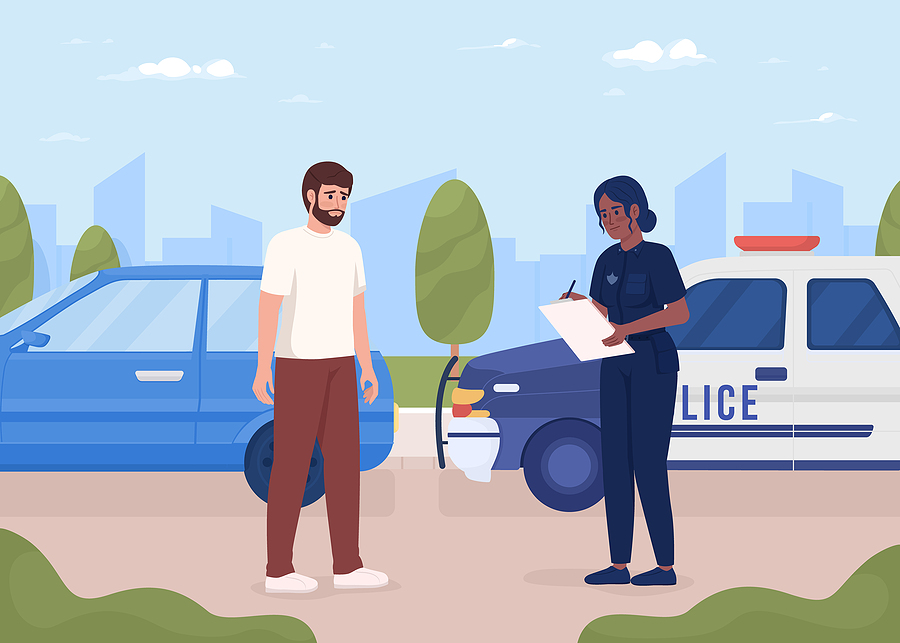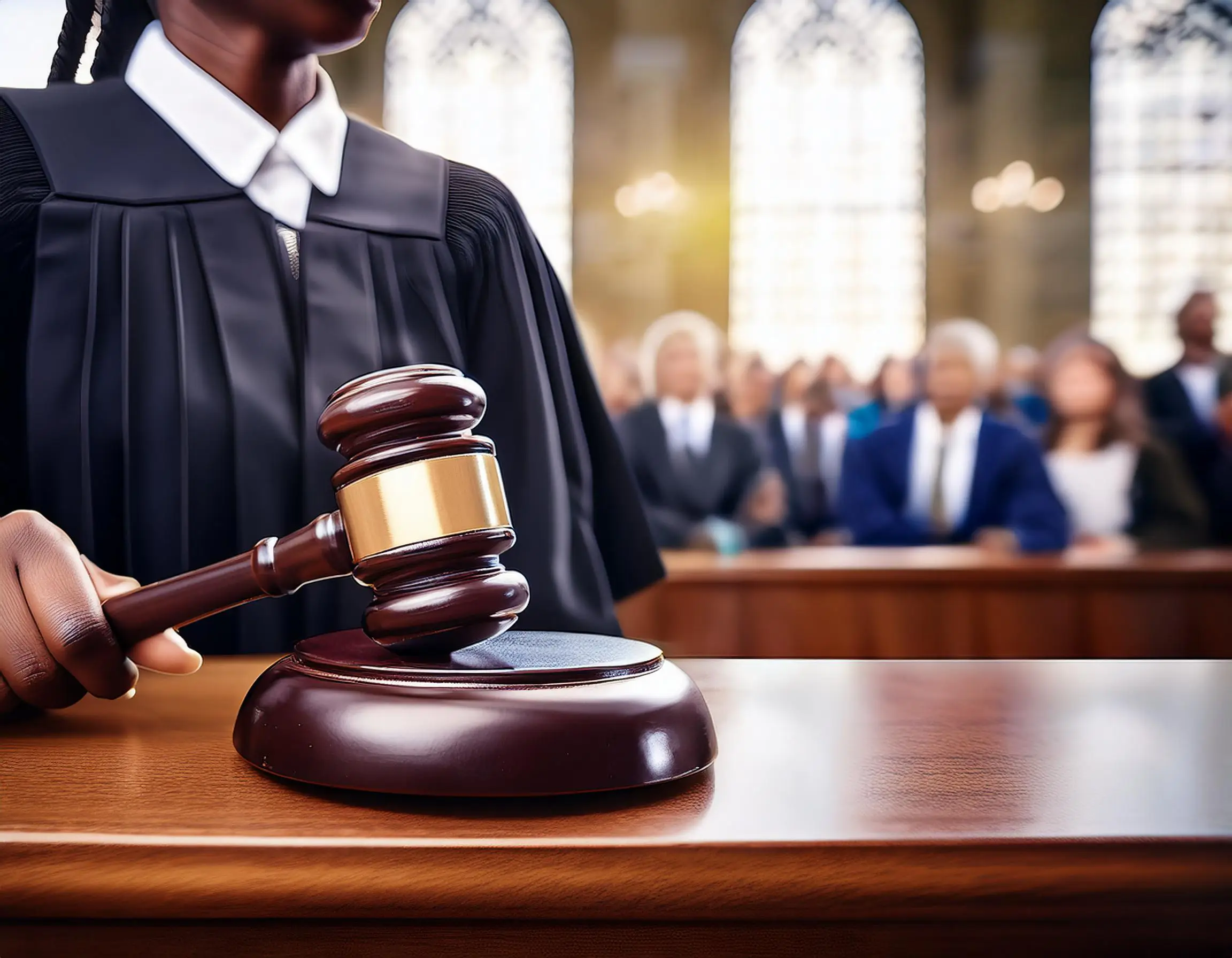A DUI arrest can be a life-altering event, and it’s essential to understand the steps you should take if you ever find yourself in this situation. The moment you are charged with a DUI, everything from your driving privileges to your financial future can be impacted. However, the legal process isn’t necessarily the end of the road for you. In fact, there are actions you can take that might significantly affect the outcome of your case. This article will walk you through those important steps.
Getting arrested for DUI (Driving Under the Influence) can be overwhelming and confusing. Whether you were driving under the influence of alcohol or drugs, understanding how to navigate this legal situation will give you the best chance at minimizing the potential consequences. The key is to stay calm, seek professional help, and take strategic actions that protect your rights.
1. Stay Calm and Cooperate with the Police
The first thing you should do after a DUI arrest is stay calm. This can be easier said than done, especially if you’re feeling confused or angry. The way you interact with law enforcement during and after your arrest can significantly impact the case moving forward.

1.1 Avoid Argumentative Behavior
If you’re pulled over under suspicion of DUI, it’s natural to feel defensive. However, arguing with the officer or becoming belligerent can only harm your case. Instead, cooperate with the officer’s instructions. You have the right to remain silent, but it’s important to comply with basic requests like providing your driver’s license, registration, and insurance.
1.2 Field Sobriety Tests and Breathalyzer Refusal
At the scene of the arrest, you might be asked to perform field sobriety tests (FSTs) or submit to a breathalyzer test. Refusing these tests can have consequences, including automatic suspension of your license in many states. The decision to refuse or take these tests should be made with a full understanding of your state’s laws. A DUI arrest doesn’t necessarily mean a conviction if you understand your rights and how the law works.
2. Contact a DUI Lawyer as Soon as Possible
After a DUI arrest, contacting a DUI lawyer should be one of your top priorities. A DUI conviction can lead to severe consequences, including fines, loss of driving privileges, and even jail time. A skilled lawyer can significantly improve your chances of reducing or dismissing your charges.
2.1 Why Hiring a DUI Lawyer Matters
An experienced DUI lawyer knows the ins and outs of DUI laws, as well as local procedures. They will immediately begin working on your case, examining factors like the legality of the stop, whether the officer had probable cause, the accuracy of breathalyzer results, and any other details that could work in your favor.
2.2 Legal Representation and Negotiation
A DUI lawyer can also help you navigate plea deals and court appearances. In many cases, the prosecution will offer a plea deal in exchange for a guilty plea. Your lawyer will ensure that any offer made is fair and that you understand all potential consequences before agreeing to anything.
3. Understand the Charges and Your Rights
After a DUI arrest, it’s important to fully understand the charges against you and your rights under the law. The severity of a DUI charge can vary depending on your blood alcohol concentration (BAC), prior offenses, and whether anyone was harmed as a result of your impaired driving.
3.1 Blood Alcohol Concentration (BAC) Levels
In most states, a BAC of 0.08% or higher is considered over the legal limit for driving. However, a DUI arrest can also happen if you are under the legal limit but still appear intoxicated, or if you are driving under the influence of drugs.
Understanding the impact of your BAC is important, as higher levels often come with harsher penalties. If you had a high BAC at the time of your arrest, your DUI lawyer will help you understand the consequences of those readings and explore options for mitigating the penalties.
3.2 Your Right to Remain Silent
The moment you’re arrested, you have the right to remain silent. You do not have to answer questions regarding your condition or admit to drinking. Anything you say can be used against you in court, so it’s critical to exercise your right to remain silent and wait until you have legal representation.
4. Understand the Consequences of a DUI Arrest
A DUI arrest can lead to serious consequences, even before a trial or conviction. Here are the potential penalties and challenges you may face:
4.1 License Suspension
After a DUI arrest, your license may be automatically suspended. In many jurisdictions, you have a short window of time to request a hearing to challenge this suspension. If you don’t request a hearing within the designated timeframe, you might lose your driving privileges for a set period, ranging from months to years, depending on the severity of the offense.
4.2 Fines and Jail Time
If convicted of DUI, you may face fines, mandatory alcohol education classes, or jail time, especially if you have prior offenses or were involved in an accident. DUI arrests involving accidents or injury can result in more severe penalties.
4.3 Probation and Ignition Interlock Devices
In addition to fines and jail time, you may also be sentenced to probation or required to install an ignition interlock device (IID) in your vehicle. This device measures your BAC before allowing the vehicle to start. In some cases, a judge may require you to complete alcohol or drug treatment programs as part of your sentence.

5. Gathering Evidence to Support Your Defense
Once you’ve hired a DUI lawyer, they will begin gathering evidence to build your defense. Several factors could lead to a reduction or dismissal of your charges, and your lawyer will work to highlight these.
5.1 Questioning the Legality of the Stop
One of the first things a DUI lawyer will look at is whether the police officer had a valid reason to stop you. In many cases, a stop made without probable cause can result in a dismissal of the case. For example, if you were pulled over for an alleged minor infraction and the officer didn’t have a reason to suspect DUI, this could be used to challenge the arrest.
5.2 Challenging the Accuracy of the Breathalyzer Test
Breathalyzer tests can be inaccurate for various reasons, including improper calibration or malfunction. If your DUI lawyer can show that the breathalyzer wasn’t functioning properly or that the officer failed to follow protocol during the test, the results may be inadmissible in court, weakening the prosecution’s case.
5.3 Medical Conditions and Other Factors
In some cases, a medical condition may explain why you appeared intoxicated, even if you were sober. Certain health conditions, such as diabetes, can mimic the symptoms of intoxication, and your DUI lawyer may present this evidence as part of your defense.
6. Preparing for Court
When preparing for court, it’s important to understand the procedures involved and how your DUI lawyer will handle the case.
6.1 Court Hearings and What to Expect
You’ll likely have several hearings before your trial, including an arraignment where you’ll enter a plea and a pre-trial conference where your lawyer will discuss the case with the prosecution. If the case goes to trial, the DUI lawyer will present your defense, cross-examine witnesses, and challenge evidence.

6.2 Plea Bargaining
In many cases, your DUI lawyer may be able to negotiate a plea bargain with the prosecution. This could result in reduced charges or lesser penalties. Your lawyer will guide you through this process, explaining all of your options before you make a final decision.
7. Real-Life Example: How a DWI Lawyer Helped Mark
Mark was arrested for DUI after he was pulled over late at night for swerving between lanes. His breathalyzer test showed a BAC of 0.11%, over the legal limit. Mark hired a DUI lawyer who reviewed the details of the arrest. The lawyer discovered that the officer had not followed proper procedures when administering the test. By challenging the validity of the breathalyzer results, Mark’s lawyer successfully negotiated a reduced charge, avoiding the possibility of jail time.
Mark’s story shows how having an experienced DUI lawyer can make a significant difference in the outcome of a DUI arrest. The lawyer’s ability to challenge evidence and negotiate with the prosecution helped Mark avoid a serious conviction.
Conclusion
Being arrested for DUI is a serious situation, but it doesn’t mean that a conviction is inevitable. DUI lawyers play a crucial role in defending your rights, challenging the evidence, and helping you navigate the complexities of the legal process. Whether you are facing your first DUI or have prior offenses, understanding the steps to take after a DUI arrest and seeking legal help immediately can significantly improve your chances of a favorable outcome.
By staying calm, cooperating with law enforcement, hiring a skilled DUI lawyer, and understanding your rights, you can position yourself for the best possible resolution of your case. If you’ve been arrested for DUI, don’t hesitate to seek legal counsel to help guide you through this challenging time.


